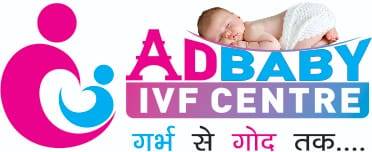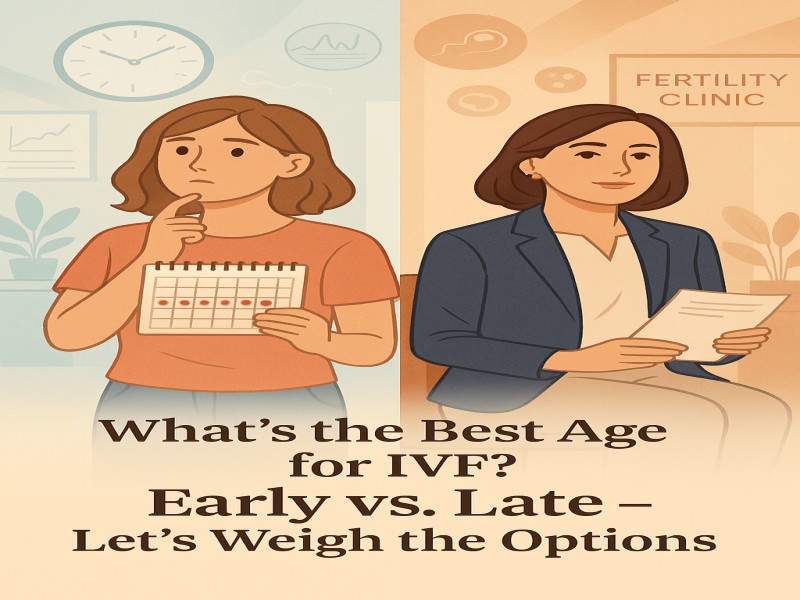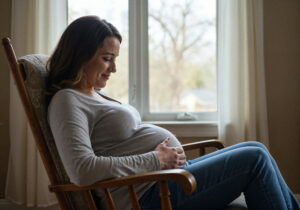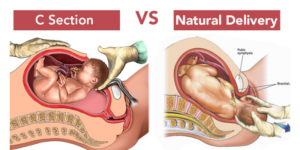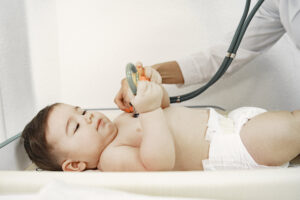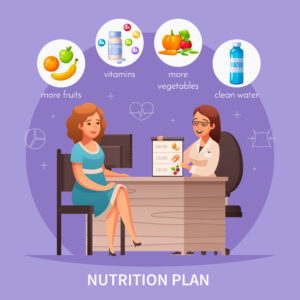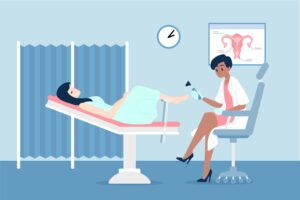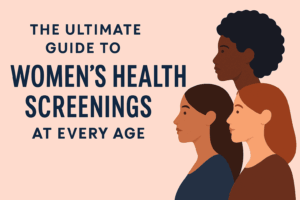You’ve probably heard it a thousand times – “Age is just a number.” Well, try telling that to your ovaries when you’re weighing the decision to go through IVF.
If you’re in the thick of this conversation (or heading that way), you’re not alone. Across Reddit threads, fertility forums, and even brunch tables, more and more women and couples are grappling with this question: Should you start IVF early in your 20s and 30s? Or wait it out until you’re mentally, emotionally, and financially “ready”?
Let’s break this down together, minus the medical jargon overload and plus a few honest truths.
The Early Bird Gets the Eggs… Right?
If you’re in your late 20s or early 30s and thinking about IVF, you might feel like you’re jumping the gun. After all, isn’t this something people typically do after they’ve tried everything else?
Well, kind of but times are changing.
The Pros of Starting IVF Early
- Better egg quality: According to Dr. Norbert Gleicher from the Center for Human Reproduction, “Egg quality declines steadily after 35, and more sharply after 40.” Younger eggs generally respond better to stimulation and have higher chances of resulting in a healthy pregnancy.
- More embryos equals to more options- With good ovarian reserve and quality, you could end up with multiple embryos enough to freeze for future use.
- Lower miscarriage rates: Younger eggs equals fewer chromosomal abnormalities equals fewer heartbreaking miscarriages.
But There’s a Flip Side
- Emotional toll if you are not mentally ready: IVF is no joke. The injections, appointments, the “two-week wait” it’s exhausting, and if you’re not ready, it can take a toll.
- Financial pressure early in life: Let’s be real IVF isn’t cheap. Doing it in your late 20s when you’re still establishing your career could mean financial strain (unless you’ve got golden insurance or generous parents).
Real Talk from the Internet
In a recent Reddit thread on r/IVF, a 30-year-old user shared: “I started IVF at 29 because I knew I wanted kids but didn’t want to wait for Mr. Right. Two embryos on ice and zero regrets.”
You do you, queen.
Waiting Until Later: Wisdom, Stability… and Some Extra Hurdles
If you’re waiting until your late 30s or even early 40s, you’re in good company. In fact, according to CDC data, IVF usage among women aged 40–44 has increased by over 30% in the last five years.
The Perks of Starting IVF Later:
- More emotional clarity: You’ve lived a little. You know what you want. And if you’re walking into an IVF clinic at 39, chances are you’re ready.
- Financial stability: You may be able to afford multiple cycles, extra supplements, or even travel for top-tier treatment.
But There Are Cons Too:
- Reduced ovarian reserve: After 35, your egg quantity (and quality) starts dropping. That’s just biology. No shame just science.
- More cycles, more stress: You may need more rounds to succeed, which adds to the physical and emotional burden.
- Increased chance of using donor eggs: For some, this is a beautiful path. For others, it’s an emotional curveball.
What the Experts Say:
Dr. Aimee Eyvazzadeh (aka the Egg Whisperer) puts it plainly: “Age is the number one predictor of IVF success. That doesn’t mean you can’t succeed later, it just means you need to prepare differently.”
So… When Should You Start IVF?
Honestly? That’s like asking, “When should I move to Bali and start my dream life?” There’s no perfect answer.
It depends on:
- Your fertility health (get tested!)
- Your life goals (baby now, baby later?)
- Your relationship status (partnered, single, undecided)
- Your budget (hello, reality check)
And let’s be real sometimes life throws curveballs (PCOS, endometriosis, male factor infertility). So even the best “plan” can shift overnight.
What’s Still Unclear (But Changing Fast)
Here’s where we admit what we don’t fully know:
Will the success rates for IVF improve dramatically in older age groups as technology advances?
Possibly! There’s fascinating research happening in ovarian rejuvenation and artificial gametes (Google it, it’s wild). But for now, the egg clock still ticks.
Also, society is shifting. More people are freezing eggs in their early 30s “just in case.” That wasn’t even on the radar 15 years ago.
Final Thoughts: You’re Not Behind. You’re Right on Time.
Whether you’re 28, 38, or 42, the “best age” to do IVF is when it makes sense for you—your body, your goals, your mental bandwidth. There’s no gold medal for getting there sooner, and no shame in starting later.
Just make sure you’re informed, supported, and surrounded by experts who take your journey seriously.
In the end, the question isn’t just “when should I do IVF?”
It’s: How do I want to build my family, and what support do I need to get there?

